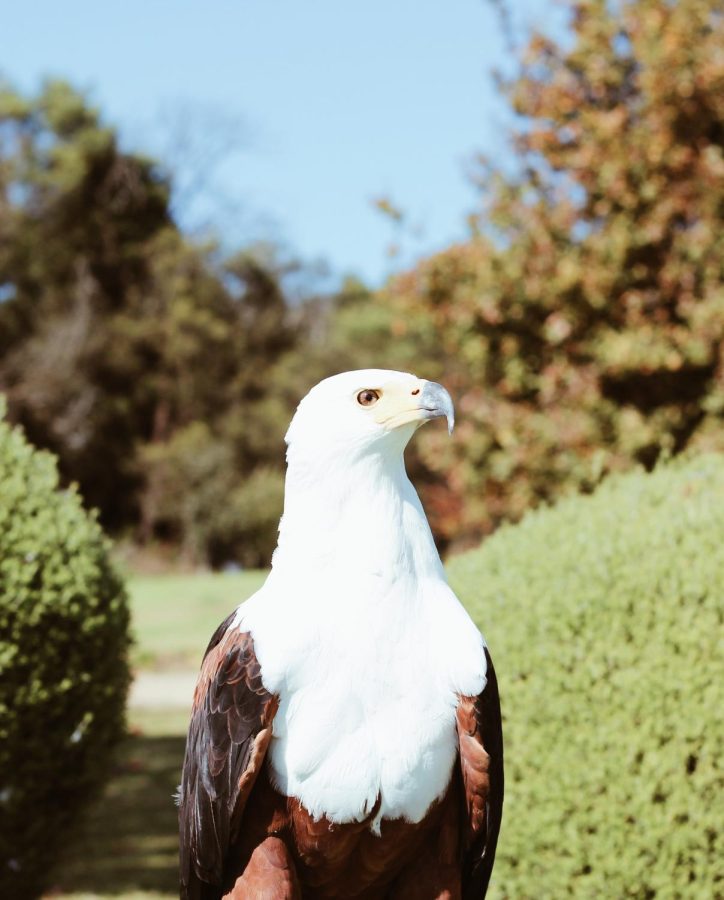A Bird’s Cry for Help
Photo by Weyland Swart on Unsplash
November 4, 2022
According to this year’s “State of the Birds” report by the North American Bird Conservation Initiative, a frightening decline in the bird population of the United States and Canada has been observed with the loss of about three billion birds (equivalent to a 25% decrease) in the past century. Cornell Ornithologist Ken Rosenberg, interviewed by the New Jersey Conservation Foundation, ties this declining trend to the fact that “human-landscapes are losing their ability to support birdlife.”
How can local Cranford citizens make a difference in such a large-scale issue? To help answer this, Kathleen Shaw, a beloved English teacher at Cranford High School, was interviewed regarding her role in The Raptor Trust. Located about half an hour from Cranford in Long Hill Township, is a non-profit rehabilitation and education center for songbirds and raptors (birds of prey) founded in 1982. Taking in any orphaned, injured, or sick birds coming in from throughout the state, the Trust provides free medical care for these animals while also using such rehabilitation projects to teach the public all about the fascinating species of birds and the importance of protecting them. Shaw first joined the program as a volunteer, completing various laborious tasks such as cleaning cages and heaving sand; although this work was taxing and excluded hands-on contact with the raptors, she felt content as long as she was doing her part in supporting the animals. Just this past summer, however, Shaw was promoted from a volunteer to an employee, enabling her to now physically work with the birds and complete tasks such as feeding the orphaned animals, a task she admits at first was nerve-wracking as she didn’t want to accidentally harm an animal. Clocking in every 8:00 am on Saturdays, Shaw learns more each day alongside college students completing their internships at the Trust, claiming that despite always being passionate about wildlife preservation and animal rights, participating in this organization has opened her eyes further to the pressing environmental state of the world. Reporting fervently on the horrors she faces while working at The Raptor Trust, Shaw revealed that common man-made designs such as soccer and fishing nets, skyscrapers, and tree bands (glue traps applied on trees to catch insects) cause an alarming number of bird casualties as the animals collide with the unnatural structures.
Ms. Shaw’s role in The Raptor Trust serves as inspiration for students to involve themselves in the environmental cause, even if it’s not their career choice. As the English teacher herself emphasizes, “keep your interests varied – you can always pursue them [. . .] never think [that] the door is closed.” Originally pursuing a major in marine biology before deciding on education, Shaw never gave up on her love for animals; once her children reached college, she gained the opportunity to branch again into this passion. When asked how long she plans to continue her role in rehabilitating birds, she replied: “Until I physically can’t anymore”.

